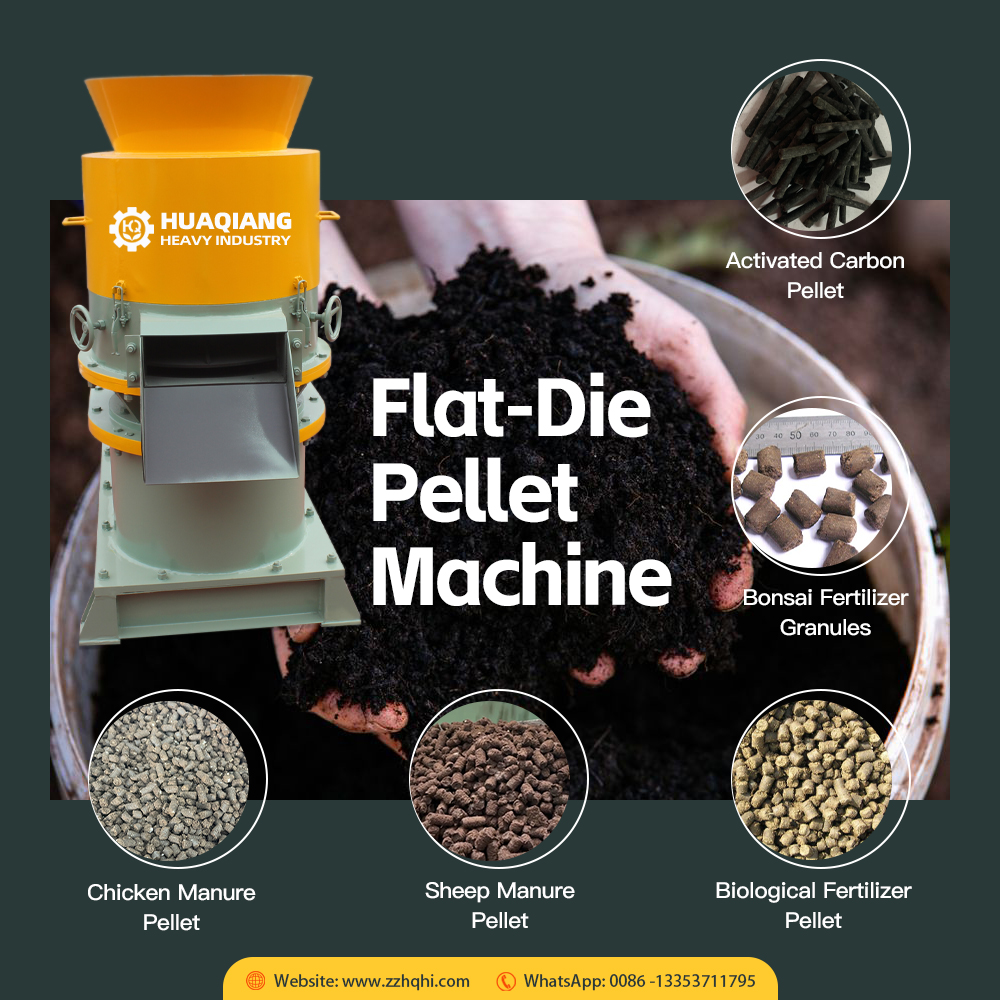Want Your Granulator to Stay “Forever Young”? This Maintenance Guide is Gold!
In the world of bio organic fertilizer production, your granulation equipment is the heart of the operation. Keeping it in peak condition is crucial for maintaining efficiency throughout your entire organic fertilizer production line. Just like a well-tuned engine, proper care ensures your organic fertilizer line operates smoothly, minimizing downtime and maximizing output. This comprehensive maintenance guide reveals the secrets to extending your machinery’s lifespan while optimizing performance for sustainable organic fertilizer manufacturing.
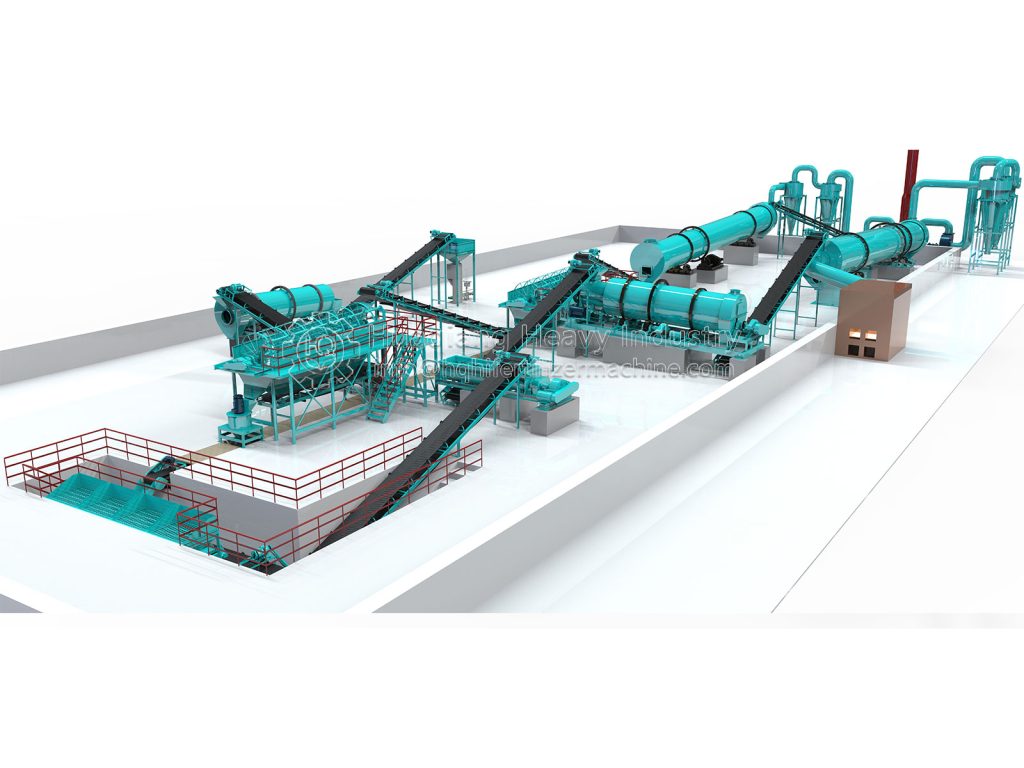
1. Regular Checkups: Prevention is Key
Just like regular health checkups prevent illness, your granulator needs systematic inspections. Before daily startup, become a “machine doctor”: listen for abnormal “coughs” (unusual noises) in transmission parts, feel if bearings are “running a fever” (over 70°C). Weekly “tighten muscles” (bolts), monthly “measure waistlines” (check wear), and quarterly comprehensive “physicals” — from gearbox oil changes to sensor calibration, leave nothing unchecked.
2. Cleaning Care: Details Define Longevity
Imagine never washing your cooking pans? Your granulator needs “bathing” too. After production, use pressure washers to “wash away fatigue” (avoid electrical components), and apply “skincare” (anti-rust oil) to mixing blades weekly. Remember: caked materials are like cholesterol in machine arteries — untreated, they cause “heart attacks” (operational failures).
3. Lubrication Wisdom: The Machine’s “Circulatory System”
Lubrication is equipment’s “lifeline”. Gearboxes need “blood transfusions” (220# gear oil) every 800 hours, bearings require “plasma” (lithium grease) every 500 hours. But remember — more isn’t better. Like blood types must match, always clean ports before greasing, and stop when lubricant barely seeps out. Overfilling causes “hypertension” (overheating).
4. Wear Parts Replacement: The Machine’s “Metabolism”
Blades, claws — these “vulnerable organs” need periodic renewal. Always choose “OEM transplants” (original parts), and test “balance” after installation. Like adjusting to new dentures, ensure screen tension is even with tight edges, or you’ll get “leaky digestion” (material loss).
5. Smart Systems: “Brain Care” for Equipment
In this smart era, don’t neglect your machine’s “brain”. Monthly “dust removal” for control cabinets, “vision checks” (calibration) for sensors. Back up parameters like precious photos. For programming issues, consult “neurologists” (manufacturer techs) — DIY “brain surgery” often worsens the condition.

Discover how regular maintenance can prevent costly breakdowns, improve product quality, and keep your production line running like new for years to come!
Remember: Maintenance isn’t an expense, but your highest-ROI investment. Follow this guide, and your granulator will maintain “teenage vitality”, continuously creating production value!
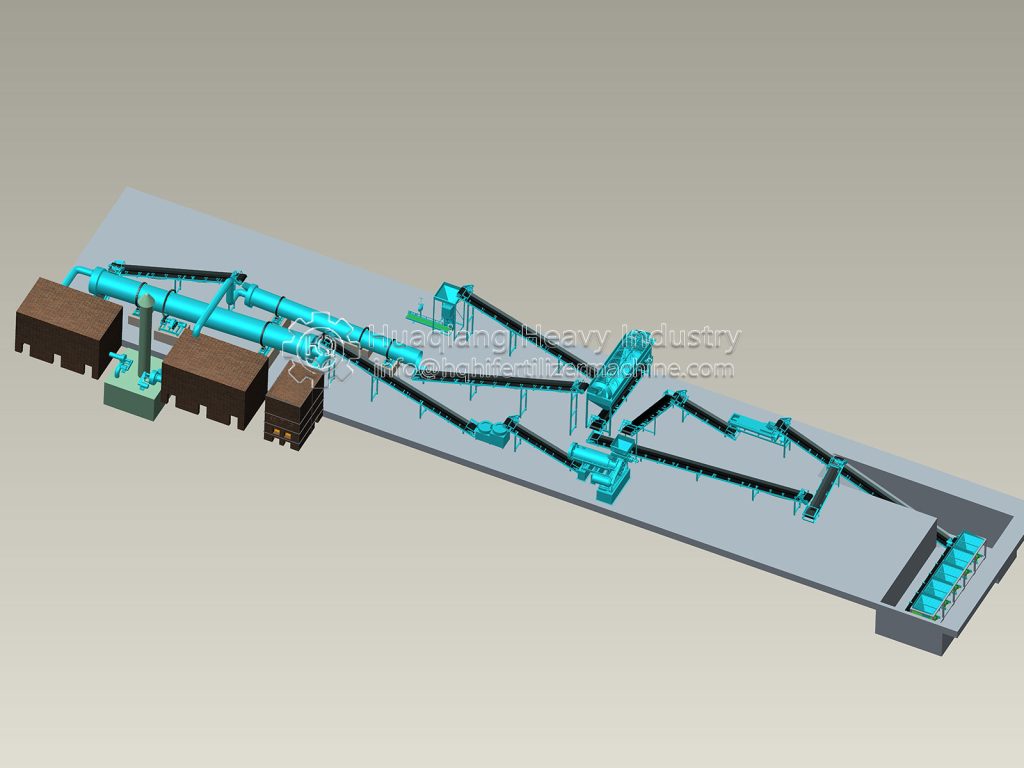
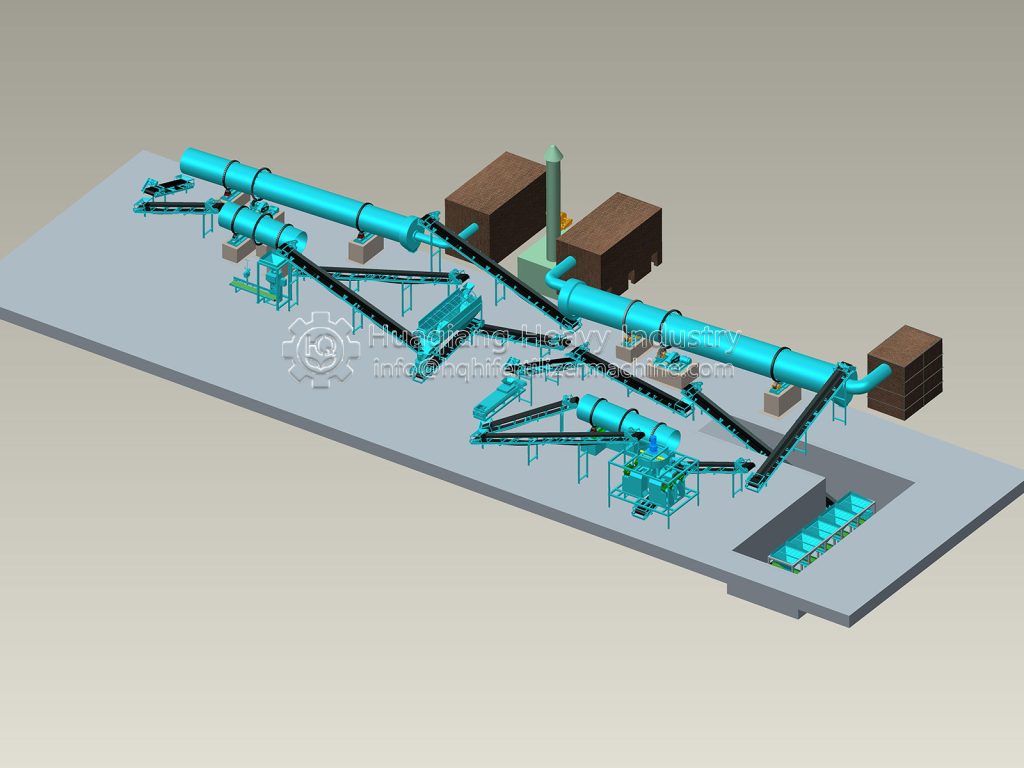
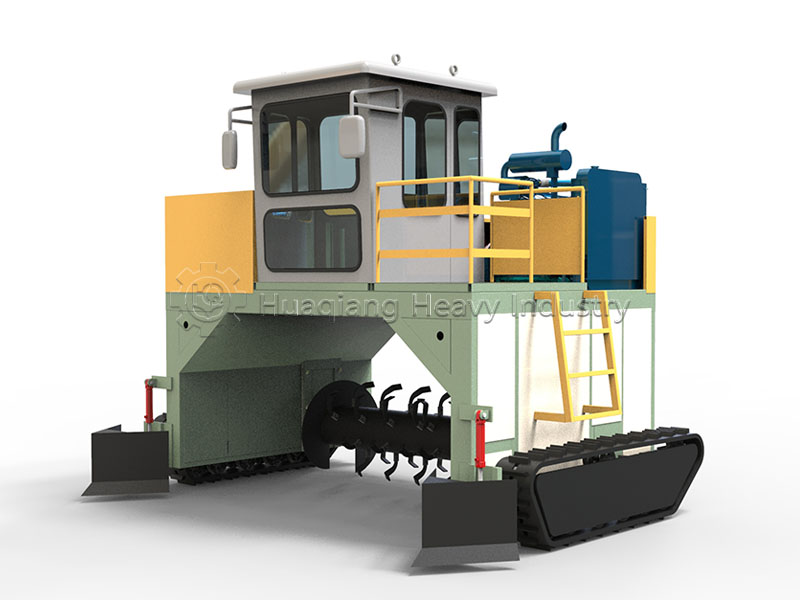
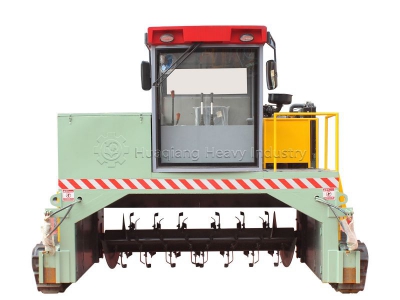

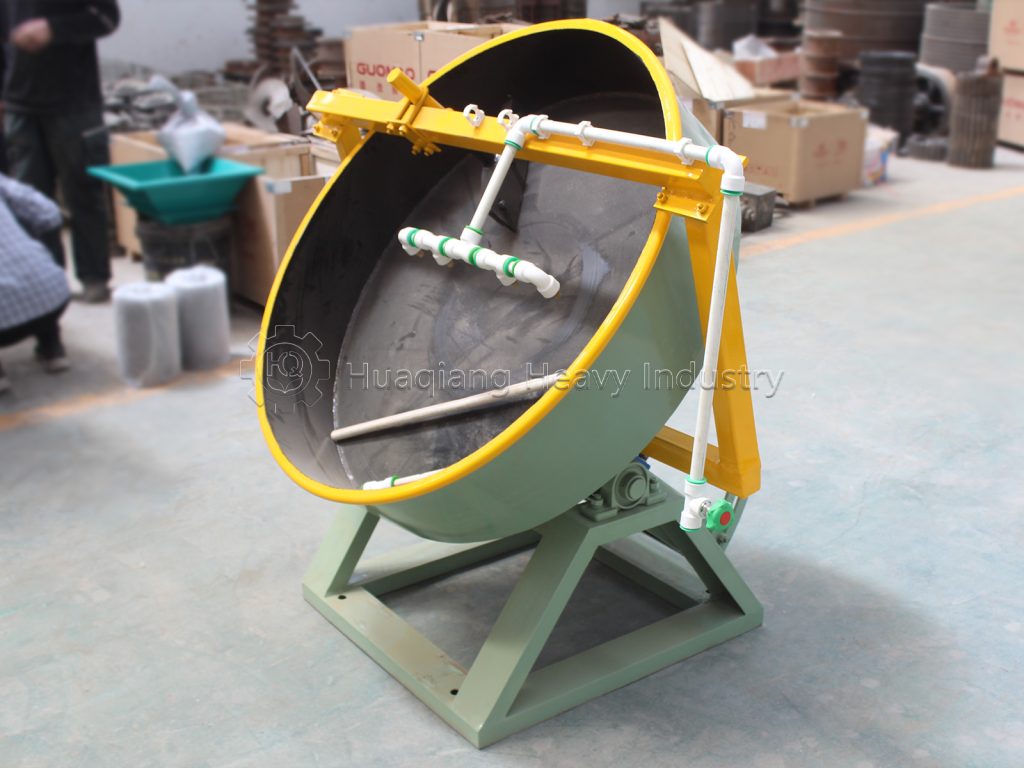


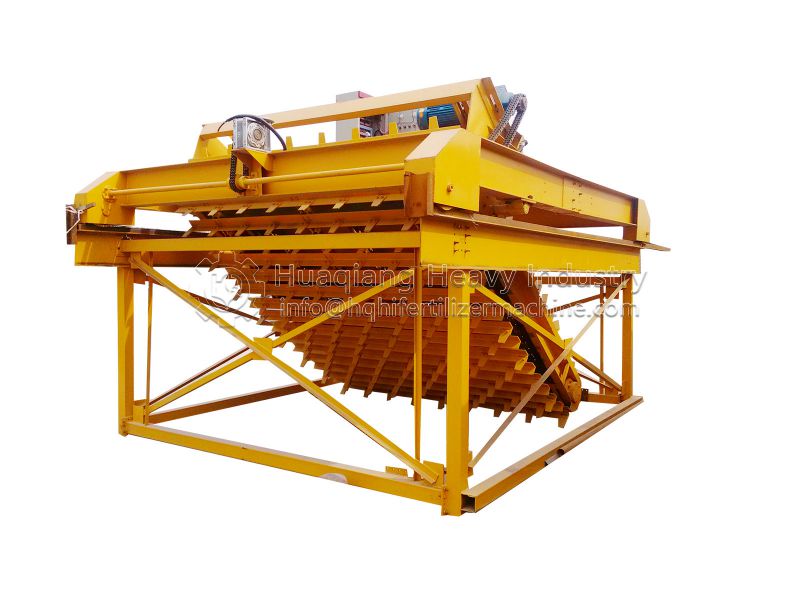
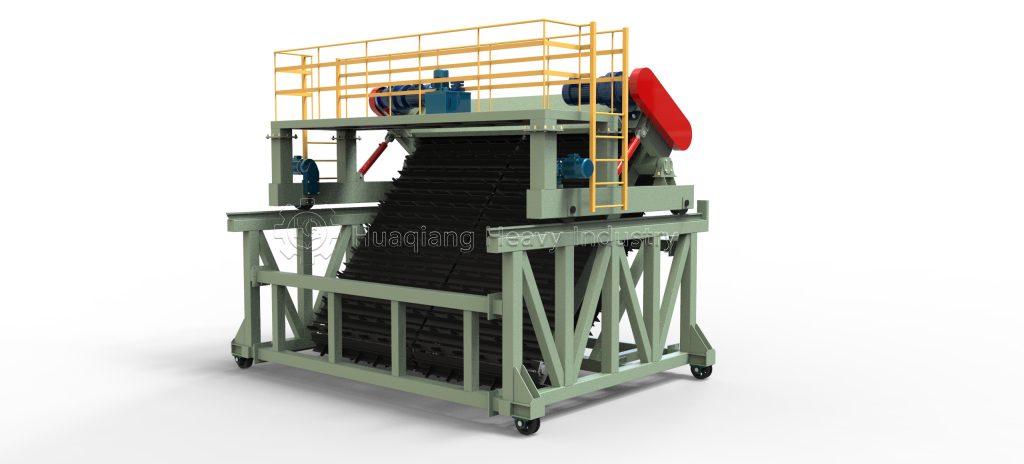
.jpg)
